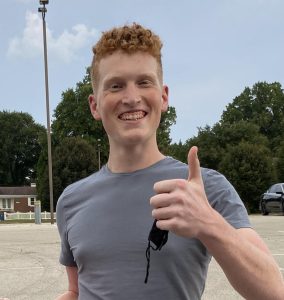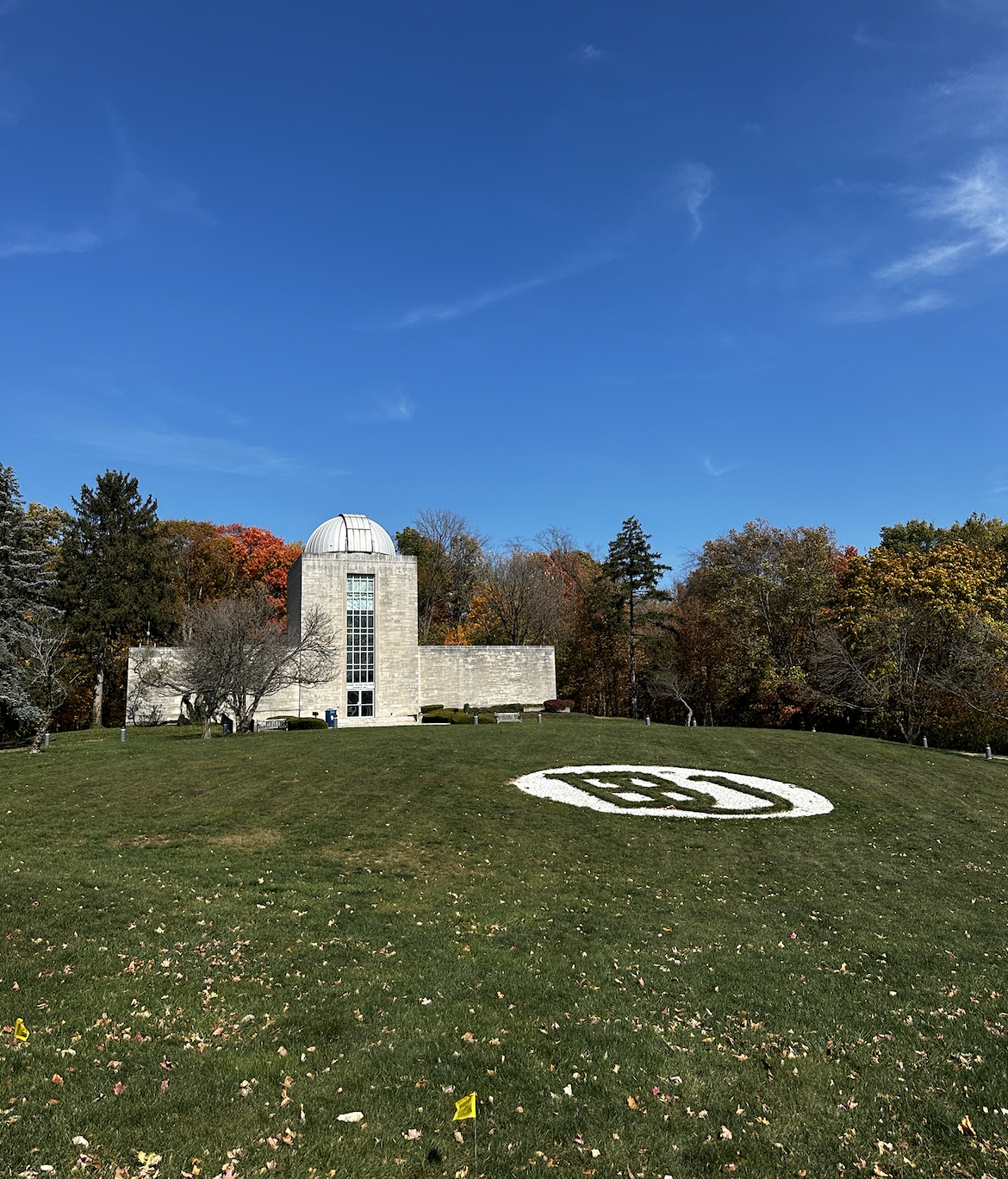My Music. My Story. Joseph Price.
Words by Lexi Scida
Joseph Price is a senior combined Psychology and Philosophy major at Butler University. He spends a lot of his time in the Classics department at Jordan Hall but holds a strong passion for the music flowing from Lilly Hall, just a few buildings away.
What values do you find in the arts, specifically music? Is there a genre that speaks to you the most?
“Music has always been deeply important to me, both as an art to be appreciated and a skill to be cultivated. The style of music that inspires me has changed continuously throughout my life, but my appreciation for and valuation of music has been a constant. Aesthetically, I find music to often be the most moving of the arts. I have a large degree of emotional involvement with
music which certainly colors this, but overall I find it to be deeply emotionally evocative. Very few things are able to move me like music can.”
Do you find any opportunities at the intersection of music with philosophy and psychology and if so, what are they?
“Absolutely! Questions of meaning, of emotion, and of value are deeply important to both music and philosophy. In fact, I sometimes wonder if music is just another way of doing philosophy. Music and philosophy are, at least to me, vehicles for exploring the human condition. In philosophy, we use language to explore these sorts of questions – Does life have meaning? What is love? What happens after we die? What can we know? How ought we treat others? Written and spoken philosophy is one of many ways to try to answer these questions. But this sort of answering is fundamentally a rational exercise. We appeal to reason, to empiricism, and to science to make our claims. Music is unique from academic philosophy in that way. Music endeavors to grapple with these same questions – of what it means to be a person in the world – but via a much more emotional and abstract manner of knowing. Music leads one to feel truths, not to try to articulate them. I think that’s the root intersection between the two. At the end of the day, both are different avenues we use to run headlong into the big questions of existing.”
What draws you to practicing philosophy?
 “For me, philosophy is fundamentally a community exercise. I can sit in my armchair and think about things for as long as I want, but I strongly feel that real philosophy requires being with people, and deeply engaging with them. This can be through the vehicle of academic philosophy, with papers and debates, but I find that conversation can be just as (if not more) fulfilling. The philosophy I see as most valuable is the philosophy that cares about non-philosophers and their intuitions. In light of that, the best part of my work in philosophy is getting to talk to other people about it, even if we disagree. There’s really nothing more inspiring than that.”
“For me, philosophy is fundamentally a community exercise. I can sit in my armchair and think about things for as long as I want, but I strongly feel that real philosophy requires being with people, and deeply engaging with them. This can be through the vehicle of academic philosophy, with papers and debates, but I find that conversation can be just as (if not more) fulfilling. The philosophy I see as most valuable is the philosophy that cares about non-philosophers and their intuitions. In light of that, the best part of my work in philosophy is getting to talk to other people about it, even if we disagree. There’s really nothing more inspiring than that.”
What made you decide to go into the field of philosophy?
“I work primarily with questions of identity, specifically with questions of how our identities inform our ways of being in the world and how our embeddedness in the world informs our identities. I want to know how this interconnectedness influences our ways of knowing, our values, and our conception of ourselves. Like I said in a previous answer, the only way to get at this is to be out of my armchair interacting with real people and doing my best to understand how they see themselves and the world.”
Are there ways you’ve seen music bring those in Indianapolis and elsewhere together?
“Music brings people together in a way other things don’t seem to be able to. Nothing makes a city feel like home like a vibrant music scene, and Indianapolis has a huge variety of music, both culturally and stylistically. I think that using music to foster togetherness is the best possible thing we can do for our community.”
What is the best part about the work you do?
“Being with people and getting a glimpse into their experiences and identities. I’ll never be able to truly understand what it’s like to be another person, but I’d like to get as close as I can. The only way to do so is to sit with them and listen to what they have to say, with your only goal being understanding. To return to music, it’s the same way. I can convey something about my way of being in the world by sharing music. We can connect over how music makes us feel in a way that language cannot facilitate. It speaks to what I was saying earlier about different ways of knowing – language, logic, and all that are imperfect tools. So, music can take up the slack and allow us to communicate the truths that words can’t get across.”







What an interesting interview! Well written.